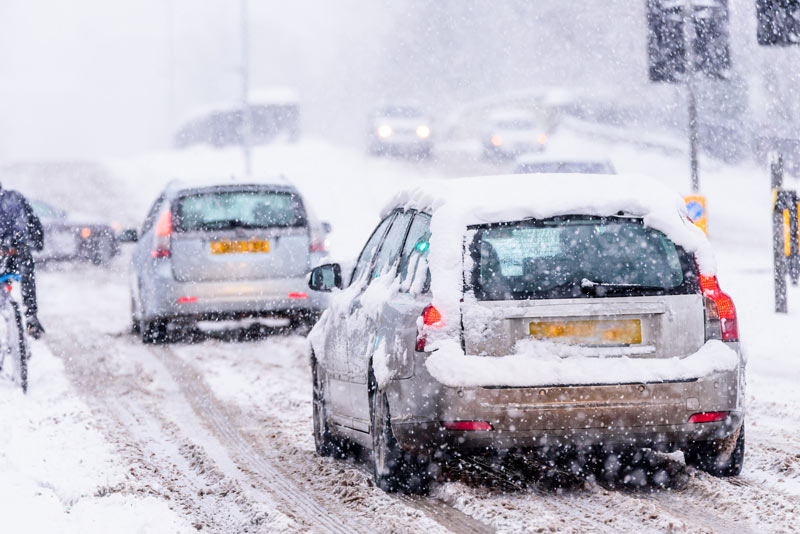Britain's Emissions Surged Due to 'Beast from the East'

British Greenhouse gas emissions rose by 2.5m tonnes in 2018 due to the ‘beast from the east’.
The Siberian weather system caused emissions to rise sharply, according to official figures. This is mainly because most homes still rely on gas for heating, and have insufficient insulation.
Government data shows that compared to the previous year, a 4% rise in emissions from homes was recorded in early 2018.
The fuel poverty charity, National Energy Action (NEA), implored the government to come through on its election promise to aid the improvement of home energy efficiency ahead of the UK-hosted UN climate talks in Glasgow later this year.
A director at the NEA, Peter Smith, said that residential emissions in the UK ‘are rising at a time when the world is looking to us for global leadership’ on tackling the climate crisis.
Heavy cuts in the amount of coal used to generate electricity caused an overall drop in the UK’s greenhouse gas emissions. A fall of 2% was recorded from the previous year, down to 366m tonnes.
The move towards cleaner forms of energy has led to emissions falling by 43% since 1990. However, the Committee on Climate Change, who are the government’s official climate advisers, warn that many homes in the UK are still ‘unfit’ for the UK to meet the country’s long-term climate goals.
Government ministers axing schemes to help properly insulate homes has caused the UK’s record on tackling home energy wastage to slow down in recent years.
According to NEA estimates, if the UK continues with its current rate of progress, it will take 39 years to meet goals for loft insulation, and 56 years to reach the targets for solid wall insulation.
The Conservatives pledged to invest £9.2bn into the improved efficiency of public and domestic buildings in their most recent manifesto. The party also promised £2.5bn for fuel poor homes, and £3.8bn in funding to help cut the carbon emissions from social housing.
“For the poorest households in the least efficient homes, this investment cannot come soon enough,” Smith said.
A Department for Business, Energy and Industrial Strategy spokesperson said: “Residential emissions have declined by 14% since 1990 – and latest figures show a 2.1% annual drop in greenhouse gas emissions. But we want to go further, including by investing £10 million in home retrofit innovation and introducing tough new efficiency standards for landlords”.
Read on our blog

With the government poised to implement tough new measures to...

Budget broadband provider TalkTalk has been notifying customers via email...

A year-long investigation by charity Citizens Advice has revealed a...

Education Secretary Nadhim Zahawi has announced a new commitment to...
